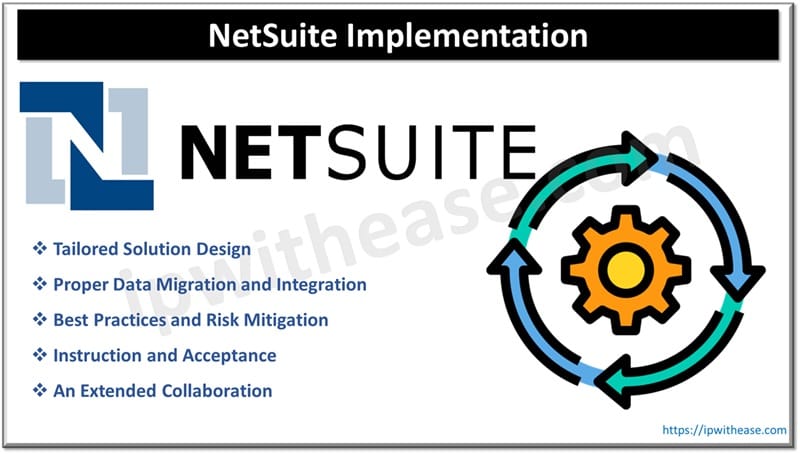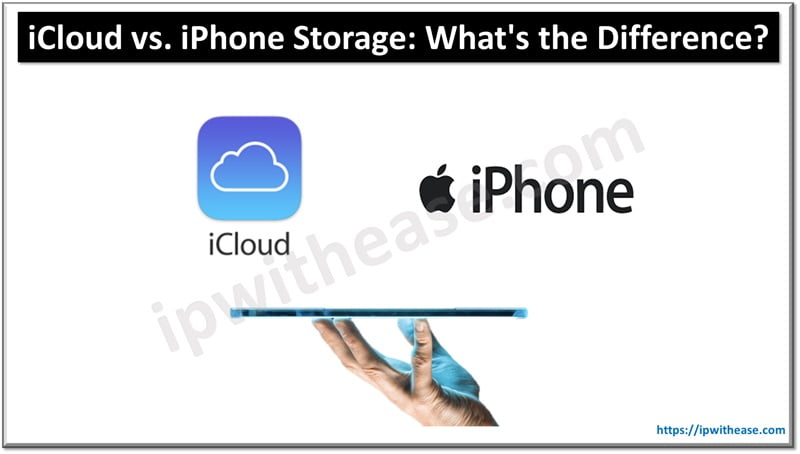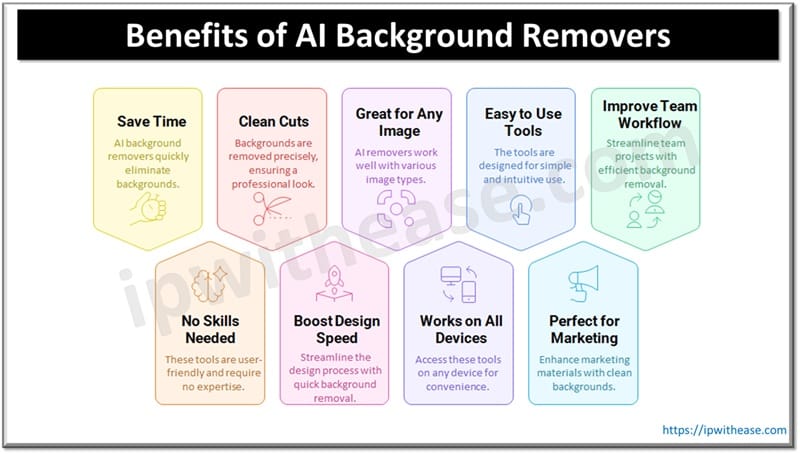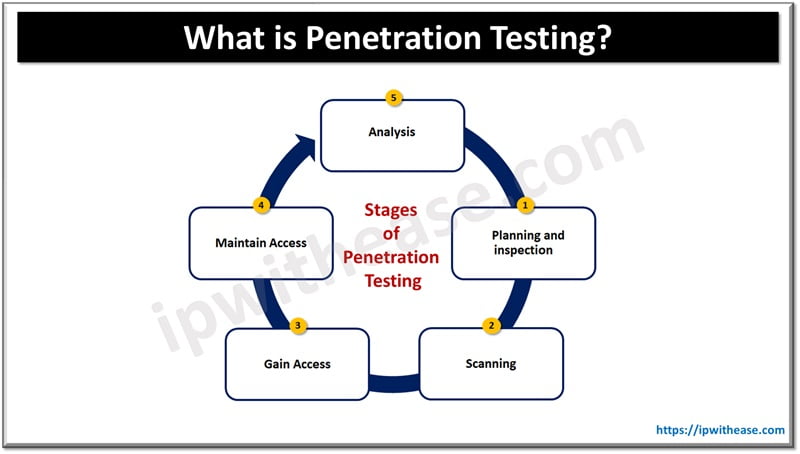Table of Contents
Businesses frequently use enterprise resource planning (ERP) software as a more unified approach to managing operations when spreadsheets and disjointed systems become outdated. Among the numerous ERP platforms on the market, NetSuite is a potent cloud-based option that combines e-commerce, finance, inventory, and CRM into one system.
However, purchasing NetSuite is just the first step. Businesses must carefully implement it under the direction of seasoned experts who can match the technology with their particular workflows and objectives if they are to fully realize its potential. Professionally led NetSuite implementation services can help with that.
Why Implementation is as Critical as the Software Itself
Consider buying a luxury vehicle without taking driving lessons. Despite having the horsepower, you wouldn’t have the skills to make it work for you. Similar risks apply to ERP systems: improper implementation puts businesses at risk for low adoption, squandered investment, and disjointed procedures.
Industry studies consistently demonstrate that poor implementations, not software, are the reason ERP projects fail. Some typical pitfalls are:
- Moving erroneous or incomplete data.
- Exaggerating without taking long-term scalability into account.
- Putting off end-user training and change management.
- A lack of a phased implementation strategy linked to quantifiable business results.
These problems are resolved by professional implementation services, which contribute technical expertise, established procedures, and a methodical approach.

The Value of Expert-Led NetSuite Implementation
1. Tailored Solution Design
Workflows vary from company to company. A knowledgeable team does more than simply “turn on” NetSuite; they examine existing procedures, spot inefficiencies, and set up modules to suit company requirements. This indicates that users find the system easy to use right away.
2. Proper Data Migration and Integration
ERP relies heavily on clean, trustworthy data. In addition to managing extraction, cleansing, and import, implementation partners make sure NetSuite works in unison with other essential tools, such as Shopify for e-commerce, Salesforce for CRM, or proprietary in-house software.
3. Best Practices and Risk Mitigation
Professional consultants contribute knowledge gained from hundreds of previous projects. They are aware of which shortcuts result in problems and which save time. This foresight speeds up time to value and minimizes expensive errors.
4. Instruction and Acceptance
Only when people use technology does it succeed. To foster trust throughout the company, a competent implementation partner offers role-based access, post-go-live assistance, and easy-to-follow training.
5. An Extended Collaboration
ERP is not a project that can be set up and forgotten. New modules become pertinent as businesses expand and procedures change. Implementation becomes a long-term partnership for ongoing improvement with the correct partner.
A Look at Leading Approaches in the Market
Strengths vary amongst providers:
- In order to provide quicker deployments with predictable results, NetSuite Consulting Services (the vendor itself) focuses on standardized methodologies like SuiteSuccess.
- Cost-effectiveness and individualized attention are balanced by specialized consulting firms, which prioritize dual-shore delivery and extensive industry knowledge.
- Boutique suppliers set themselves apart with proprietary approaches, which divide implementation into stages: design, planning, configuration, validation, deployment, and optimization.
- To guarantee flexibility and lower regression risks, agile-focused companies emphasize iterative rollouts, test automation, and DevOps procedures.
The takeaway? No two implementation providers are the same. The “best” partner is the one that fits your company’s goals for growth, industry, size, and complexity.
A Real-World Example: From Chaos to Clarity
Think about a medium-sized distributor that is having trouble with manual accounting and antiquated inventory tracking. Executives lacked real-time visibility, reconciliation was a nightmare, and orders were delayed. By hiring a skilled NetSuite implementation team, the business was able to:
- 40% shorter fulfillment times thanks to automated order management.
- Reduced the month-end close from 15 days to 5 days through integrated financial reporting.
- Dashboards based on roles that provided managers with real-time KPI insights.
Within six months, the system wasn’t just “live” – it was actively driving growth. This transformation wasn’t about NetSuite alone; it was about the expertise guiding the implementation.
How to Pick the Best Partner for NetSuite Implementation
Ask these important questions when assessing providers:
- Experience: What is the number of NetSuite implementations they have finished in your sector?
- Methodology: Are they improvising or do they adhere to a defined, tried-and-true process?
- Integration Proficiency: Are they able to integrate NetSuite with the other tools you depend on?
- Support Model: What happens after go-live? Do they offer ongoing optimization?
- Client References: Can they demonstrate measurable business impact for similar clients?
These criteria help separate the true partners from vendors who simply “install software.”
Conclusion: Creating Long-Term Business Value from NetSuite Investment
A daring move toward digital transformation is purchasing NetSuite. Yet, it runs the risk of becoming yet another underutilized tool if improperly implemented. Businesses can fully realize the potential of the platform by collaborating with experts in expert-led NetSuite implementation services, which will enable them to achieve the efficiency, scalability, and agility required to prosper in the current competitive landscape.
Ultimately, software isn’t the only factor in ERP success. It involves coordinating technology, procedures, and people under the direction of professionals who are aware of the future.
ABOUT THE AUTHOR
IPwithease is aimed at sharing knowledge across varied domains like Network, Security, Virtualization, Software, Wireless, etc.



